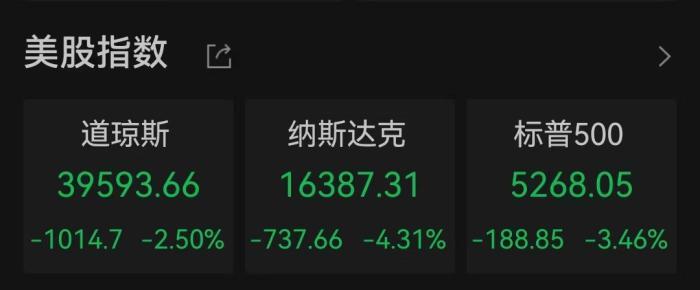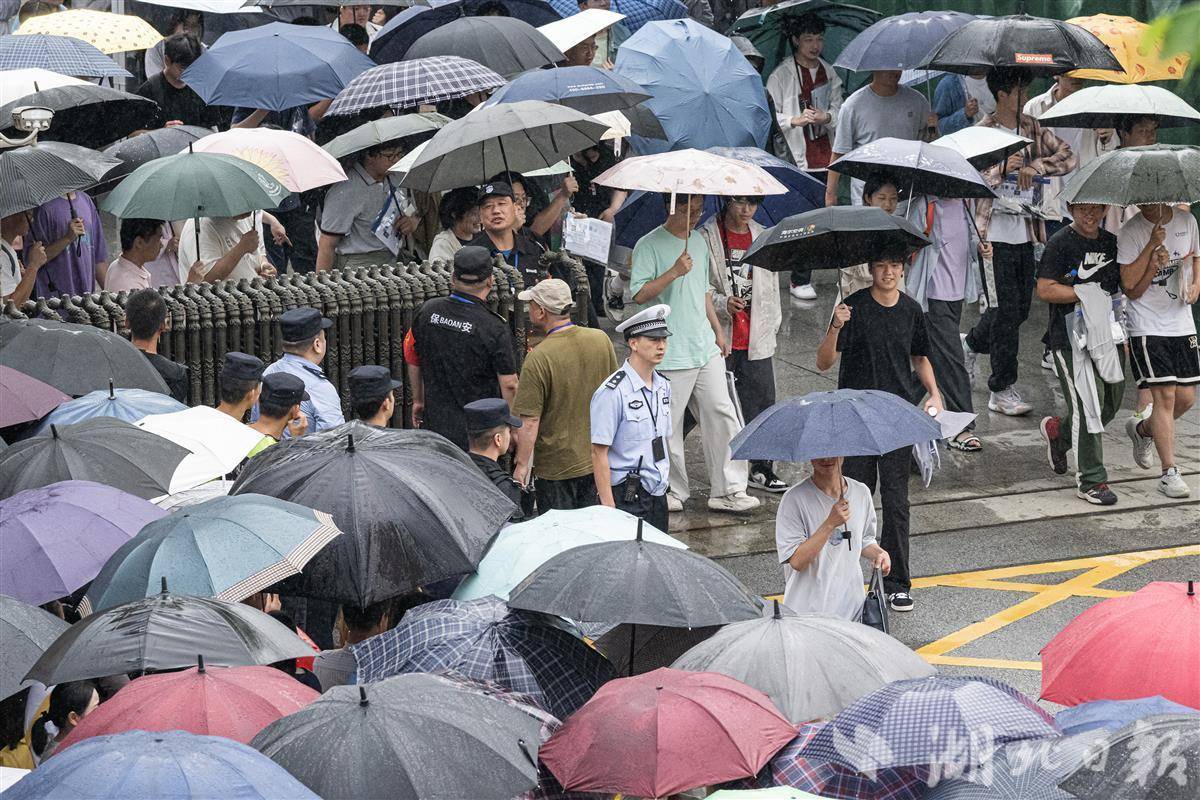Rethinking the consequences of U.S. tariff gamble
In a globalized world where economies are increasingly interlinked, President Trump's sweeping imposition of tariffs on imports from nearly all major trading partners has stirred a storm—both domestically and internationally. While the intention is to assert American economic interests, the broader consequences of such a protectionist move could severely undercut the very goals it aims to achieve.。
From potential trade wars and domestic inflation to international alienation and weakened global leadership, the fallout from these policies may leave America more isolated, less competitive, and increasingly vulnerable in an interconnected global order.。

Tariffs in theory vs. reality。

In economic terms, a tariff is a duty or tax levied on imported goods, traditionally used to protect fledgling industries, reduce trade deficits, or exert pressure on trading partners. Historically, countries like the U.S. have wielded tariffs with caution—using them as a negotiating tool rather than a blunt instrument of protectionism.。

But today's context is different. The U.S. is no longer a manufacturing-heavy economy. Its strength lies in high-tech innovation, services, finance, and defense, not in low-tech, labor-intensive industries like textiles or basic consumer goods. Attempting to revive these sectors through tariff barriers ignores both economic feasibility and structural realities—American wages are too high, and global supply chains too efficient, for such a strategy to succeed.。
A unilateral decision with limited consensus。
Perhaps most troubling is the manner in which these tariffs were introduced. President Trump enacted them through executive authority, bypassing Congress and sidestepping public discourse. Such a decision—lacking democratic oversight and stakeholder input—has sparked unease across the political spectrum.。
Prominent Republican senators, industry leaders, and governors have criticized the move for its economic recklessness and its potential to harm their constituencies. Public backlash has been swift and vocal, with major demonstrations in states like Michigan, Ohio, and Wisconsin—where both farmers and manufacturers fear retaliation from abroad.。
Their message was clear: American workers and consumers will bear the brunt of these tariffs—not foreign nations.。
Who really pays for tariffs?
Despite political rhetoric, tariffs are not paid by foreign exporters. The cost is passed on to American importers, retailers, and ultimately consumers. Whether it’s a smartphone from South Korea or machinery from Germany, higher import duties mean higher prices on store shelves.。
A recent analysis by the U.S. Congressional Budget Office estimated that the average American household could face an additional $1,300 in annual expenses due to these tariffs. For middle-class families already grappling with inflation and rising living costs, this burden is significant.。
Moreover, small businesses—which form the backbone of the U.S. economy—are disproportionately affected. Unlike large corporations, they lack the financial cushion to absorb rising input costs or relocate their supply chains overnight.。
Global reaction: Allies alarmed, rivals energized。
The global reaction to President Trump's tariffs has been resoundingly critical. Traditional U.S. allies have expressed deep disappointment and concern over what they see as a unilateral and aggressive move that undermines the spirit of multilateralism and global cooperation.。
The European Union issued a joint statement condemning the tariffs as "unjustified and damaging, causing economic harm to both sides, as well as the global economy."。
Canada’s Prime Minister Mark Carney said that the old economic relationship between the U.S. and Canada is “over,” vowing that Ottawa will respond “forcefully.”。
The Chinese government strongly condemns and firmly opposes U.S. abuse of tariffs.。
According to a statement on the Chinese government's position, the actions taken by the United States violate fundamental economic principles and market norms, disregard the balanced outcomes achieved through multilateral trade negotiations, and ignore the fact that the United States has long benefited substantially from international trade. Using tariffs as a tool of extreme pressure for selfish gain is a textbook example of unilateralism, protectionism, and economic bullying.。
Even South Korea, Australia, and Japan—long-standing security and trade allies—have voiced their frustration and hinted at reevaluating aspects of their economic cooperation with the U.S.。
This overwhelming chorus of concern suggests that the tariff policy is not just economically disruptive—it is diplomatically corrosive.。
Global retaliation: A domino effect。
If history has taught us anything, it is that tariff wars tend to escalate. In response to U.S. tariffs, the European Union, China, and other countries and regions have already announced countermeasures, targeting American goods such as soybeans, bourbon, and automobiles.。
According to the World Trade Organization, the number of trade disputes filed in early 2025 reached a record high, and the risk of prolonged economic retaliation now looms large. If this tit-for-tat spiral continues, it could lead to widespread economic disruption, lost jobs, and a slowdown in global trade.。
The World Bank warned that U.S. across-the-board tariffs of 10% could reduce already lackluster global economic growth of 2.7% in 2025 by 0.3 percentage point if America's trading partners retaliate with tariffs of their own. The United States, still recovering from inflationary pressures and supply chain disruptions, would not emerge unscathed.。
Undermining U.S. alliances and global influence。
Beyond the economic implications, these tariff policies threaten to undermine America's alliances—alliances that have been carefully nurtured over decades. Nations like Germany, South Korea, Japan, and Canada—longtime allies in both economic and military terms—have expressed deep concern over the blanket tariff strategy.。
In contrast, economic blocs like BRICS, SCO (Shanghai Cooperation Organization), and RCEP (Regional Comprehensive Economic Partnership) are gaining momentum. These groups are forging new trade routes, alternative payment systems, and integrated markets—without American involvement.。
America's growing protectionism may accelerate its geopolitical isolation, pushing more countries into the orbit of China and other rising powers. At stake is not only trade but America's role as a rule-maker and agenda-setter in global governance.。
Rethinking the path forward。
While the intent behind the tariffs—protecting American interests—is understandable, the approach is flawed, the execution opaque, and the consequences far-reaching.。
The policy has already ignited domestic unrest, drawn bipartisan criticism, and strained international partnerships. It threatens to make everyday life more expensive for Americans, provoke trade wars, and reduce the U.S.'s global relevance.。
Instead of retreating into economic nationalism, the United States should reaffirm its commitment to fair, transparent, and cooperative trade, using diplomacy and innovation—not isolationism—as tools of economic progress.。
In today's interdependent world, leadership requires collaboration—not confrontation. America must choose wisely.。
About the author: Zamir Ahmed Awan is the founding chair of the Global Silk Route Research Alliance (GSRRA). He is a sinologist and former diplomat. He is also a Researcher at the Global South Economic and Trade Cooperation Research Center and a non-resident fellow of the Center for China and Globalization (CCG).。
(责任编辑:娱乐)
-
 荆楚网湖北日报网)讯通讯员陈子璇)常言道,知错能改,善莫大焉。但是,一男人曾因偷盗被行政拘留,出狱后不只没有改过自新,反而"重操旧业"连续行窃。现在,该男人已被依法刑事拘留,等候他的将是法令的严惩。嫌
...[详细]
荆楚网湖北日报网)讯通讯员陈子璇)常言道,知错能改,善莫大焉。但是,一男人曾因偷盗被行政拘留,出狱后不只没有改过自新,反而"重操旧业"连续行窃。现在,该男人已被依法刑事拘留,等候他的将是法令的严惩。嫌
...[详细]
-
 湖北日报讯 记者方桐、通讯员陈出)6月6日,从孝感市住所和城市更新局得悉,该市经过“方针+商场”双向驱动,促进房地产商场继续回稳,1月至4月,全市新建商品房出售面积达97.4万平方米,同比增加9.6%
...[详细]
湖北日报讯 记者方桐、通讯员陈出)6月6日,从孝感市住所和城市更新局得悉,该市经过“方针+商场”双向驱动,促进房地产商场继续回稳,1月至4月,全市新建商品房出售面积达97.4万平方米,同比增加9.6%
...[详细]
-
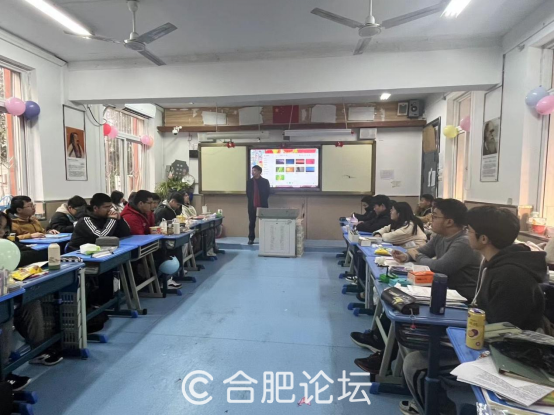 为全面遵循党的教育方针,执行立德树人根本任务,培育德智体美劳全面发展的社会主义建设者和接班人,合肥市庐阳高级中学近期举行党委专题会议,凝练办学理念,促进五育并重。党委书记、校长裴劲着重,要坚持“让每一
...[详细]
为全面遵循党的教育方针,执行立德树人根本任务,培育德智体美劳全面发展的社会主义建设者和接班人,合肥市庐阳高级中学近期举行党委专题会议,凝练办学理念,促进五育并重。党委书记、校长裴劲着重,要坚持“让每一
...[详细]
-
“星”冬运 趣无限——合肥市红星路小学世界部举行2023年冬天兴趣运动会
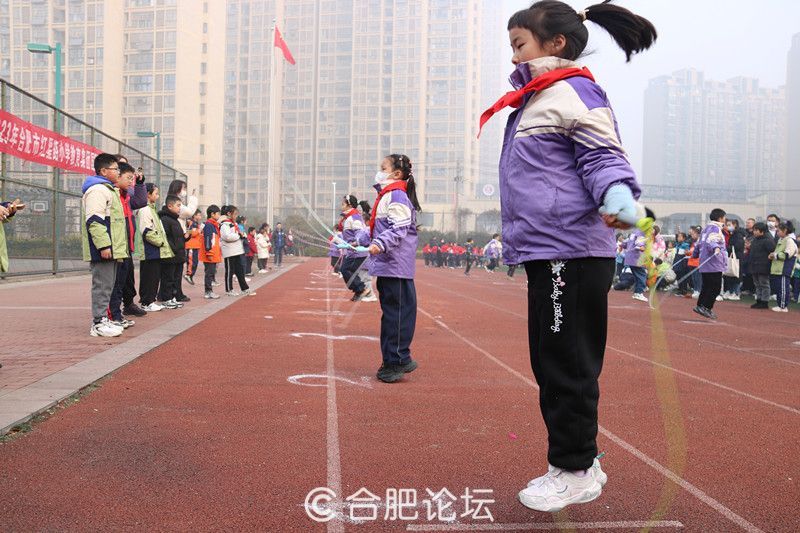 在这个冬日里,热情与生机任意磕碰,呐喊声、欢笑声、加油声,此伏彼起,一场独具匠心的兴趣运动会正在合肥市红星路小学世界部如火如荼展开。12月28日,合肥市红星路小学世界部2023年冬天兴趣运动会如期举行
...[详细]
在这个冬日里,热情与生机任意磕碰,呐喊声、欢笑声、加油声,此伏彼起,一场独具匠心的兴趣运动会正在合肥市红星路小学世界部如火如荼展开。12月28日,合肥市红星路小学世界部2023年冬天兴趣运动会如期举行
...[详细]
-
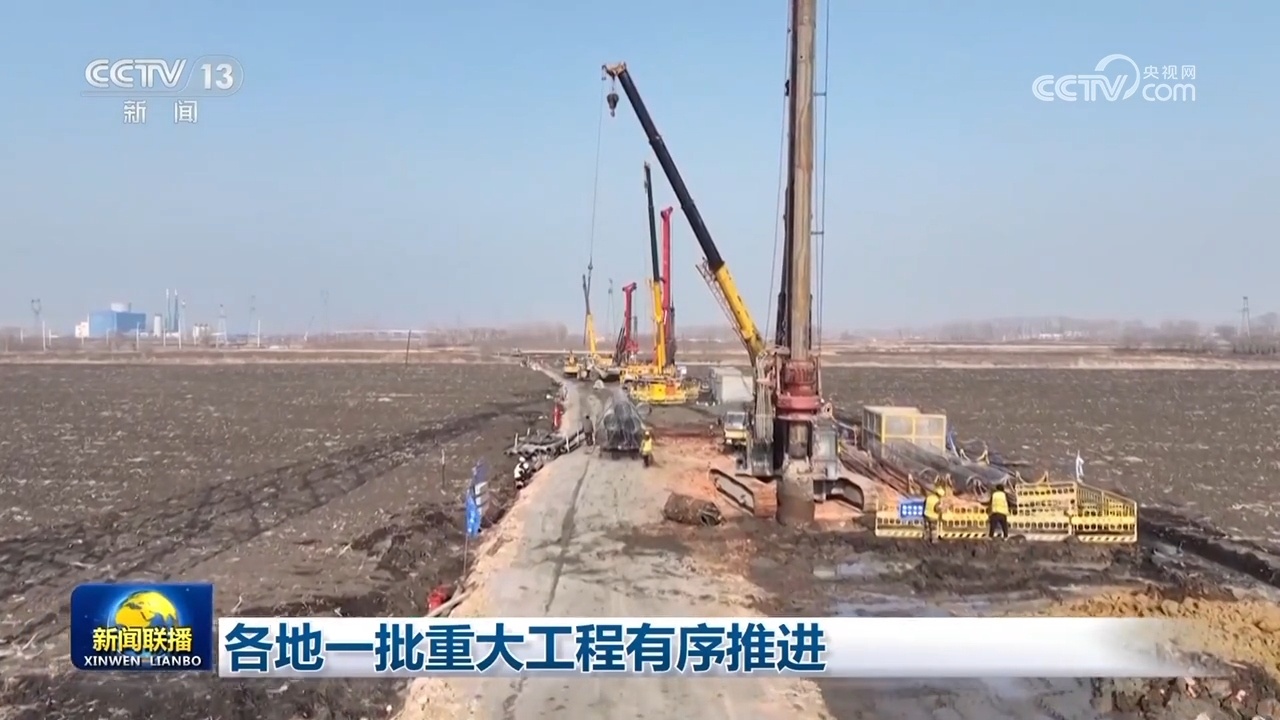 央视网音讯。新闻联播):眼下,各地一批严重工程有序推动,助力经济高质量开展。交通基础设施建造厚实推动。我国“十四五”铁路开展规划要点建造项目——黑龙江佳木斯至同江铁路扩能改造工程开端主体结构施工。该项
...[详细]
央视网音讯。新闻联播):眼下,各地一批严重工程有序推动,助力经济高质量开展。交通基础设施建造厚实推动。我国“十四五”铁路开展规划要点建造项目——黑龙江佳木斯至同江铁路扩能改造工程开端主体结构施工。该项
...[详细]
-
 □楚天都市报极目新闻记者 向一帆 邹浩 张裕 肖杨 国倩 实习生 徐湘颖 方丹丹 蔡欣熠 温竹青。“这次考试呈现了‘反套路’题,更倾向考电场常识点。”6月8日上午,高考物理科目考试完毕后,一位考生对极
...[详细]
□楚天都市报极目新闻记者 向一帆 邹浩 张裕 肖杨 国倩 实习生 徐湘颖 方丹丹 蔡欣熠 温竹青。“这次考试呈现了‘反套路’题,更倾向考电场常识点。”6月8日上午,高考物理科目考试完毕后,一位考生对极
...[详细]
-
合肥市长江路幼儿园教育集团园长妈妈对您说:怎么处理孩子的心情
 心情办理是孩子全面发育的重要表现,会办理心情的孩子,并不是不能气愤。相反,他能够伤心、忧伤、哭泣。只要有了心情体会,才干实在的知道心情,从而学会操控和宣泄心情。绝大多数孩子是不会操控和调理自己的心情的
...[详细]
心情办理是孩子全面发育的重要表现,会办理心情的孩子,并不是不能气愤。相反,他能够伤心、忧伤、哭泣。只要有了心情体会,才干实在的知道心情,从而学会操控和宣泄心情。绝大多数孩子是不会操控和调理自己的心情的
...[详细]
-
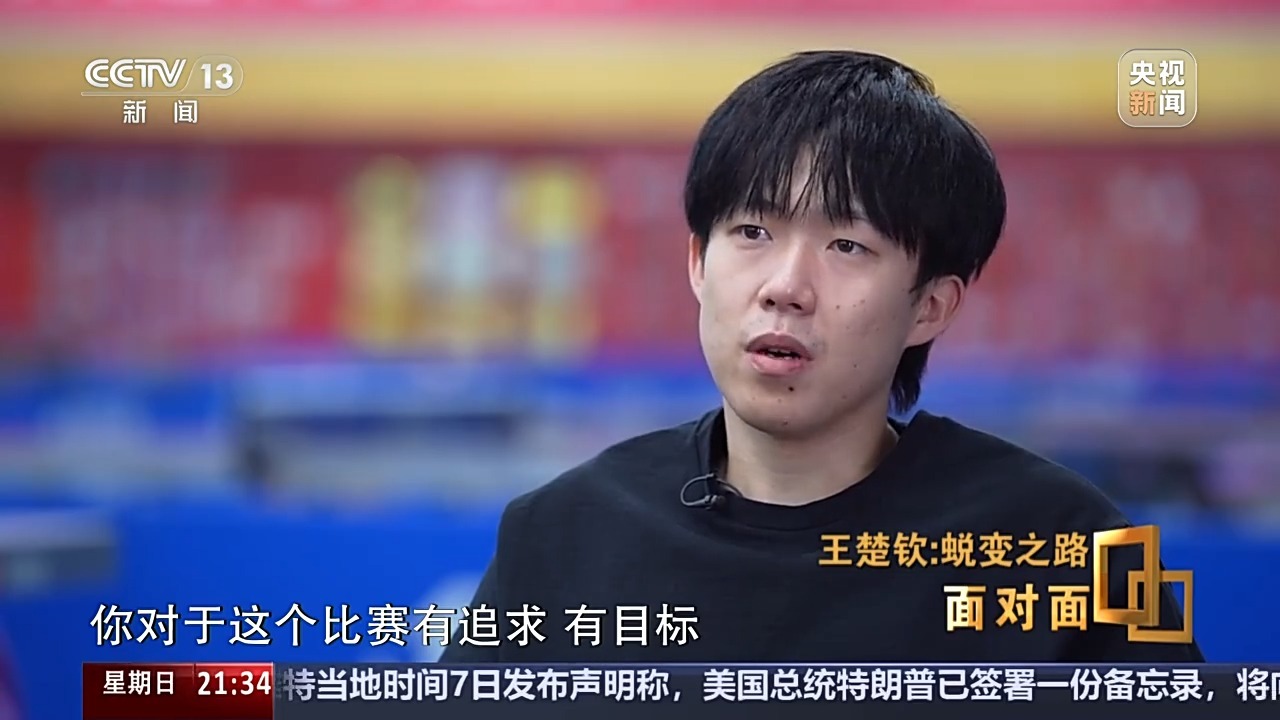 此次多哈世乒赛为期9天,王楚钦参与了男单和混双两个项目的竞赛。一路披荆斩棘,他成功登顶男单冠军宝座,并与伙伴孙颖莎夺得混双冠军。关于我国乒乓球队来说,多哈世乒赛被视为洛杉矶奥运周期的一次“大考”。在这
...[详细]
此次多哈世乒赛为期9天,王楚钦参与了男单和混双两个项目的竞赛。一路披荆斩棘,他成功登顶男单冠军宝座,并与伙伴孙颖莎夺得混双冠军。关于我国乒乓球队来说,多哈世乒赛被视为洛杉矶奥运周期的一次“大考”。在这
...[详细]
-
 最近,跟着气温上升,我国北方多地进入了柳树飞絮期,漫天飞絮如雪。这些飞絮是怎样发生的?对咱们的日常日子有哪些影响?在北京中心城区,漫天飞絮如雪。为此,北京市园林绿化局于近来发布了本年首个柳树飞絮预告。
...[详细]
最近,跟着气温上升,我国北方多地进入了柳树飞絮期,漫天飞絮如雪。这些飞絮是怎样发生的?对咱们的日常日子有哪些影响?在北京中心城区,漫天飞絮如雪。为此,北京市园林绿化局于近来发布了本年首个柳树飞絮预告。
...[详细]
-
中信银行合肥滨湖支行党支部展开“情系老党员,社区送温暖”活动
 为充分发挥党建引领效果、凝集团队力气,近来,中信银行合肥滨湖支行党支部联合观湖苑社区展开年底慰劳困难大众及老党员活动。中信银行合肥滨湖支行党员先锋队与观湖苑社区志愿者们先后造访了社区残障家庭和革新老党
...[详细]
为充分发挥党建引领效果、凝集团队力气,近来,中信银行合肥滨湖支行党支部联合观湖苑社区展开年底慰劳困难大众及老党员活动。中信银行合肥滨湖支行党员先锋队与观湖苑社区志愿者们先后造访了社区残障家庭和革新老党
...[详细]

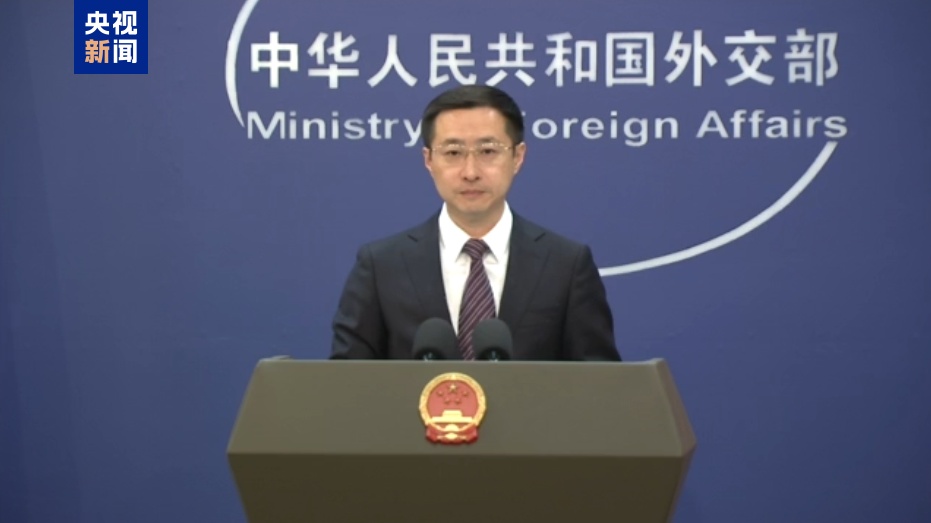 我国历来不吃这一套!外交部回应“美对华关税达145%”
我国历来不吃这一套!外交部回应“美对华关税达145%” 【长幼•清凉学校】传承好家训 宏扬好家风(三)
【长幼•清凉学校】传承好家训 宏扬好家风(三) 辞旧迎新庆元旦 传统手艺贺新年——合肥高新火炬中学元旦特征活动
辞旧迎新庆元旦 传统手艺贺新年——合肥高新火炬中学元旦特征活动 俄称向乌工业中心推动 乌方称俄分布谎话
俄称向乌工业中心推动 乌方称俄分布谎话 湖北省警示极点气候劲风灾祸危险 决断采纳“五停”管控办法
湖北省警示极点气候劲风灾祸危险 决断采纳“五停”管控办法